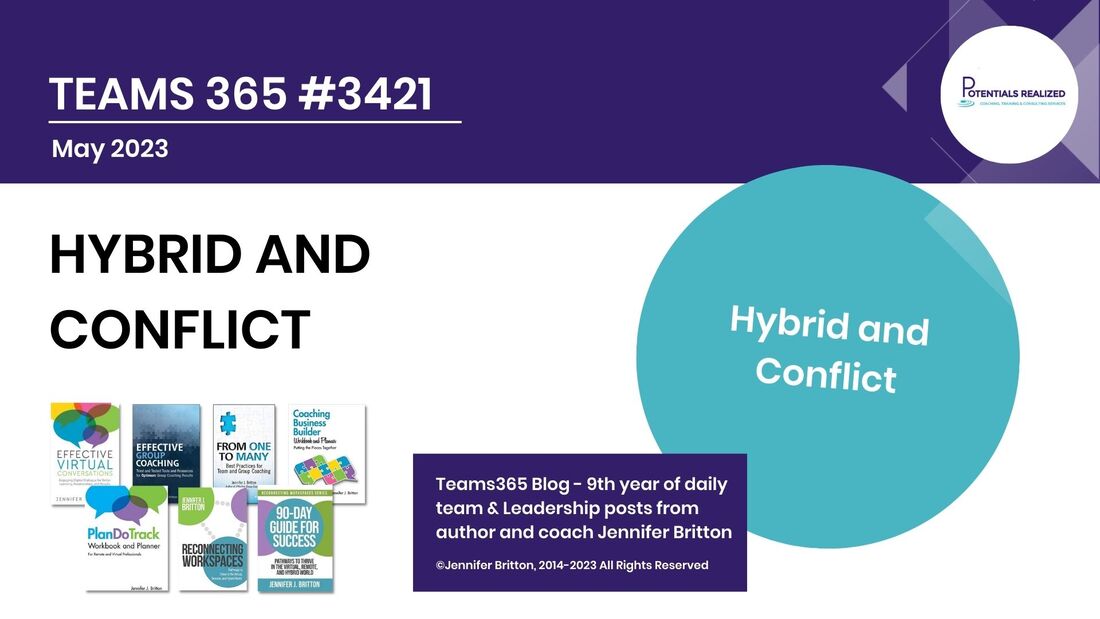Understanding Resilience
Resilience is not an innate trait; it's a skill that can be developed over time. It involves a combination of mental and emotional strength, adaptability, and the ability to overcome obstacles. Resilient individuals are better equipped to manage stress, cope with change, and maintain a sense of purpose in the face of adversity.
Fostering Resilience
- Build a Support System: Surrounding yourself with a network of supportive friends and family is crucial for resilience. These relationships can provide emotional support, offer different perspectives, and help you navigate challenging times.
- Cultivate Self-Awareness: Understand your own emotions, reactions, and triggers. Self-awareness is the foundation of emotional intelligence, allowing you to manage your responses more effectively.
- Optimism and Positive Thinking: Cultivate an optimistic outlook. Instead of dwelling on problems, focus on solutions. Even in difficult situations, try to identify the opportunities for growth and learning.
- Flexibility and Adaptability: Life rarely goes as planned. Developing flexibility and adaptability can help you adjust to unforeseen circumstances and find alternative paths to your goals.
- Problem-Solving Skills: Enhance your problem-solving abilities. Break complex challenges into manageable steps and work toward solutions. This approach can make problems seem less daunting.
- Set Realistic Goals: Setting achievable goals and managing expectations is essential for resilience. Unrealistic expectations can lead to disappointment, while attainable goals can provide a sense of accomplishment and motivation.
- Self-Care: Taking care of your physical and mental well-being is critical for resilience. Maintain a healthy lifestyle by getting enough rest, exercising, and eating well. Also, practice relaxation techniques, such as meditation or deep breathing, to manage stress.
- Seek Professional Help: In challenging situations, don't hesitate to seek support from a therapist or counselor. Professional guidance can provide tools and strategies to navigate complex emotional issues.
- Learn from Adversity: Every setback offers an opportunity for growth. Embrace failure as a chance to learn, adapt, and develop resilience. Reflect on past experiences to understand how they've shaped you.
- Maintain Perspective: Keep life's challenges in perspective. Consider the bigger picture and recognize that setbacks are a part of a larger journey. This can help you maintain hope and focus on the future.
Resilience is not about avoiding adversity but about developing the tools and mindset to overcome it. It's a skill that can be nurtured and strengthened over time. By building a support system, fostering self-awareness, and developing problem-solving skills, you can cultivate resilience and face life's challenges with greater strength and confidence. Ultimately, resilience is not just a survival strategy; it's a path to personal growth and fulfillment.
CEO, Head Coach and Author
Potentials Realized | Group Coaching Essentials
Leadership | Teamwork | Coaching
Contact: 1-416-996-8326
Email: [email protected]
Instagram:@ReconnectingWorkspaces @CoachingBusinessBuilder
Pick up a copy of Reconnecting Workspaces: Pathways to Thrive in the Virtual, Remote and Hybrid World at Amazon – https://bit.ly/reconnectingworkspaces.
Check out my latest TEDx talk – Coaching Teams Through Chaos at https://www.ted.com/talks/jennifer_britton_coaching_teams_through_chaos
Set up a call with myself or my team to learn more about how we can support you through our award-winning ICF CCE approved Coach Training programs – https://calendly.com/potentials-realized/group-coaching-essentials

 RSS Feed
RSS Feed





